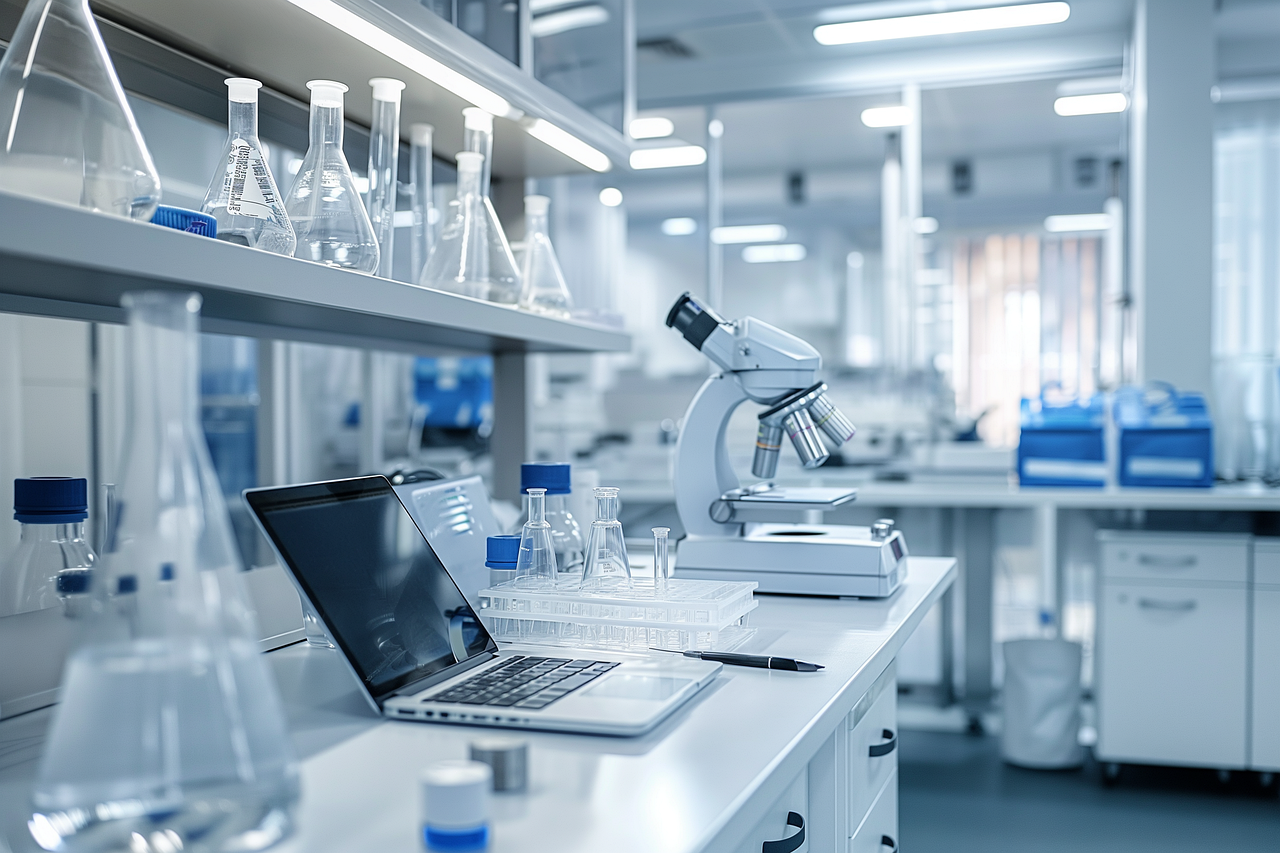
Benefits Of Testosterone
Frequently called the male hormone, testosterone is made by every man, woman, and child but its health benefits are most pronounces in men. These benefits of testosterone are far-reaching.
That’s because there are receptors for testosterone throughout the body: brains, heart, bones, blood vessels, skin, and of course the skeletal muscles and genitalia. So if you suffer from low testosterone levels you are at risk of developing a wide range of signs and symptoms.
Here’s what testosterone can do for you.
- Improves libido and sexual performance.
- Improves lean body mass and muscular strength.
- Decreases body fat.
- Improves insulin sensitivity.
- Decreases total and LDL cholesterol (when given in physiologic doses).
- Improves wound/tissue healing.
- Improves memory/cognition.
- Protects against the development of Alzheimer’s disease.
- Protects against cardiovascular disease through many mechanisms.
- Improves bone density.
- Helps maintain normal blood pressure.
- Prevents and treats depression.
- Improves skin tone.
- Prevents tendon and joint degeneration.
- Improves stamina/energy and sense of well-being.
We see from this list of benefits that testosterone positively affects our neurologic, cardiovascular, metabolic, reproductive, dermatologic, and musculoskeletal systems. Why would anyone accept having low testosterone levels?
In the video below Abrahman Morgentaler, MD discusses Testosterone Therapy in Men: the Next Big Thing in Medicine!
Testosterone and Your Health
To some degree our endocrine (hormonal) system is an on demand system. The body will produce a hormone if it needs it at the moment. It will produce on demand. And, that is very true when it comes to testosterone. But, you need to know how to create a demand for testosterone.
Testosterone and growth hormone secretion are stimulated by intense physical exercise that involves eccentric loading of the large muscle groups of the body performed at intensities sufficient enough to produce lactic acid. Fish oil, vitamin D, and some herbs can increase testosterone levels for some men. Low glycemic eating can improve testosterone levels by lowering insulin. Diabetics tend to have lower testosterone levels.
Testosterone, age, and HDL levels are better predictors of severity of coronary artery blockage than are the traditional “major” risk factors for heart disease; blood pressure, cholesterol, diabetes, smoking, and body mass index (BMI). Higher degrees of coronary blockage are more likely in individuals with lower testosterone levels.
Synthetic anabolic steroids (derivatives of testosterone) used by athletes have opposite effects on the cardiovascular system lowering HDL cholesterol, raising LDL cholesterol, and elevating blood pressure – but testosterone used for replacement purposes has positive effects on the cardiovascular system.
Testosterone promotes muscle growth and strength. Maintaining strength becomes increasingly important with aging which is associated with muscle weakness and wasting. In the elderly testosterone therapy can significantly improve quality of life.
It also now appears that more aggressive forms of prostate cancer are more likely in individuals with low testosterone.
The benefits of testosterone on the brain and mind are numerous. Testosterone improves moods and outlook of life, improve focus and concentration, increase confidence, and provide an overall sense of well being. Before the development of today’s antidepressants, testosterone was used to treat male depression in the 1960s and 1970s.
You will be hard pressed to find another prescription medication that has the benefits of testosterone.
See related articles.
How Declining Sex Hormone Levels Lead To Fat Gain




